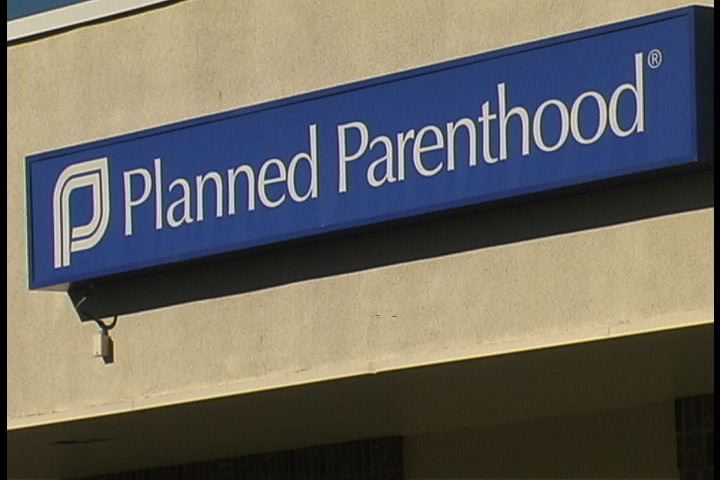“No offense, but I don’t trust you,” said Wiveca Holst, a Swedish woman’s rights activist, in an interview with CJ Adams of Polaris Project. Holst explains that her history of working with male activists has been filled with men making honest mistakes, outright poor intentions, and the ‘occasional man who actually respected her as an equal.’ Unfortunately, Holst isn’t alone in her assessment of the male activist role in issues that are often dubbed as ‘women’s issues’. This leads me to wonder, do we need men working on this issue and what do they uniquely contribute to the movement?
As I man, I am ashamed to admit that I know plenty of males who won’t listen to a woman’s opinion, but they will listen to mine. I did not garner their attention based on any merit of my own, but simply because I am a man. There are male leaders combating trafficking; however, from my experience, our presence on the grassroots level is sorely lacking. If we want to effectively combat demand, then we need more active and educated male members joining the fight. Here are three recommendations to activate men to rise as leaders and defenders of America’s children.
Let’s begin educating our kids about the importance of equality. Vern Smith is the founder of The Defenders and the husband of Linda Smith, the founder of Shared Hope International. The Defenders is national initiative aimed at mobilizing 100,000 men in the fight to end the demand for prostituted children. He states the largest problem his organization faces in recruiting new members is ignorance. “So many men I talk to have no idea how big and how close this problem is,” he says. This ignorance might be attributed to the link between children viewing online pornography and how they view sex. One Dutch survey of 471 teens found that the more often young people sought out online porn, the more likely they were to view sex as a purely physical function. If a man views a woman simply as a tool to complete a physical function, can he also view a woman as an intelligent, valuable equal? Unlikely. If our goal is to garner active male support, then we need to combat ignorance toward the issue, and push for gender equality education at a younger age, before children are overexposed.
Prostitutes are victims; let’s change our rhetoric. “Ultimately, the sex industry has made sexual exploitation not only normal but respectable,” stated Janice Raymond Ph.D. of the University of Massachusetts. As Vern Smith states, “the word “prostitute” conveys the idea of willing participation in an immoral act.” By changing our language from calling victims “child prostitutes” to “prostituted children” we not only accurately acknowledge that a crime was committed against them, but support the termination of a damaging stigma.
If you want to become an activist on the forefront of the movement, join The Defenders. Defender’s pledge to not participate in any form of commercial sex, to hold fellow men accountable for their actions toward women, and to take immediate action to protect the ones they love. Take the pledge NOW!
 years old. The video showed the
years old. The video showed the  shocked by the organization’s apparent willingness to aid pimps in the illegal commercial sex business. O’Keefe and Giles posed as a pimp and prostitute looking for help with their taxes and housing. The video shows O’Keefe and Giles receiving tax tips from an ACORN employee after explicitly telling the ACORN employee that they are involved in the commercial sex industry by prostituting foreign minors.
shocked by the organization’s apparent willingness to aid pimps in the illegal commercial sex business. O’Keefe and Giles posed as a pimp and prostitute looking for help with their taxes and housing. The video shows O’Keefe and Giles receiving tax tips from an ACORN employee after explicitly telling the ACORN employee that they are involved in the commercial sex industry by prostituting foreign minors. According to a
According to a  Traffick911, Shared Hope International, and other advocates have partnered for the national
Traffick911, Shared Hope International, and other advocates have partnered for the national 





